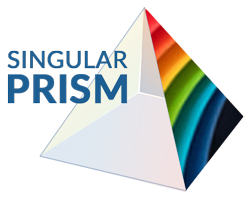GLASS RAIN—the poetry by Margaret Roxby
“CHANGE OF TIDE” was published in Cyclo Flame (1967) and The Pen Woman (1968). This poem describes the author’s first encounter with the “red tide” of California, a plankton life form that appears reddish in the daylight but glows at night.
REFRACTIONS—a poem by Robert Roxby
For Father’s Day–“GOOD-BYE, POP” is a memory from the funeral of the poet’s father. “John” in the poem is the poet’s older brother who died in a 1929 coal mine disaster at age 24 when the poet was 16. The poet’s father features in more than one of Robert’s poems of his childhood. His father, also named John, worked in coal mining and actively supported the workers’ right to unionize. Union organizer, John L. Lewis, was among the friends of the poet’s father. This poem appears in the authors collected poems, Reflections on a Lifetime.
THROUGH THE LOOKING GLASS—the poetry of Kathleen Roxby
“AN ODE FOR KUMQUATS” is a recent poem by the author in memory of the kumquat tree that grew in the yard of her childhood home.

